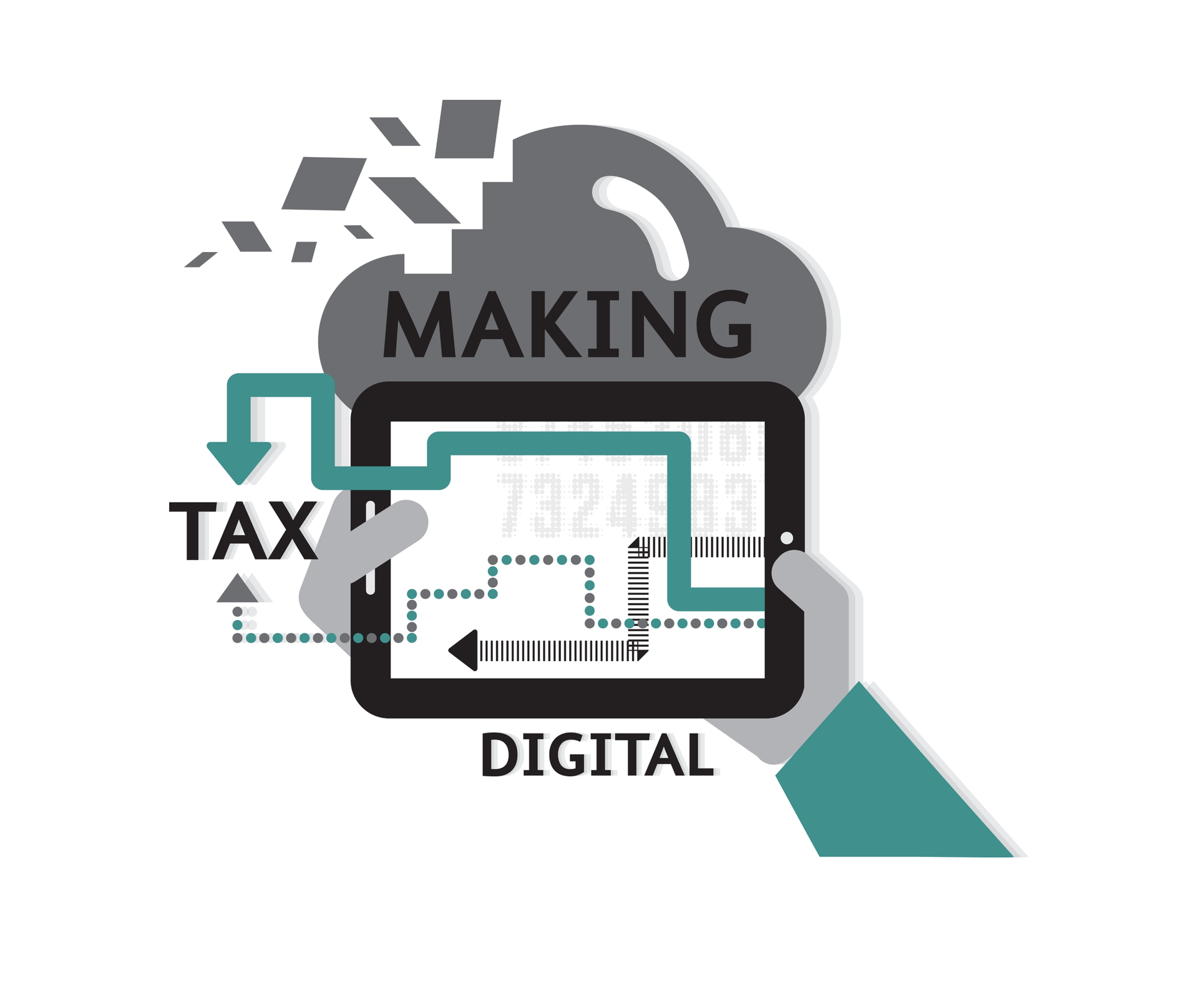.jpg)
Millions of businesses and households are struggling with their energy costs, as well as increases in general taxation, the cost of council tax, water bills and other utilities.
Is it all doom and gloom or can you plan forward and make adjustments to factor in these changes?
Our experience tells us that business owners are a resilient bunch and those that are the most successful are flexible in their planning. Here are some of our recommended actions, based on what we have seen other clients doing recently to firm up your resilience to these tough times:
- Review your budgets and set realistic and achievable targets for the remainder of 2023. Know your cash flow forecast inside out.
- Review your debtors list and chase up overdue invoices (if appropriate). If applicable, offer existing debtors extended payment terms and/or discounts.
- Make sure your terms of business contain explicit payment terms.
- Assign responsibility to one individual for invoicing and collections.
- Put extra effort into making sure your relationships with your better customers are solid.
- Review your list of products and services and eliminate those that are unprofitable or not core products/services.
- If appropriate, review banking facilities and discuss future needs.
- Know what you are spending and on what. Look at your detailed expense list in your profit and loss account and assess if there is room for negotiation in any of your fixed expenses and/or whether there are alternative suppliers.
- Review and flowchart the main processes in your business (e.g. sales processing, order fulfilment, shipping etc.) and challenge the need for each step.
- Encourage team members to suggest ways to streamline and simplify processes.
- Review efficiency of business processes and consider alternatives such as outsourcing certain activities locally or overseas.
- Establish your key performance indicators (KPI’s) and measure them on a weekly basis.
- Pull everyone together to explain the business strategy and get their buy-in.
Other information
The British Business Bank’s Guide to building business resilience contains impartial, practical, and actionable information and support to help smaller businesses manage their costs, boost their long-term profitability, and increase their resilience.

There is guidance on everything from energy efficiency to investing in technology, included to help make your business more innovative and resilient.
Other topics covered in the guide include:
- Foundations for growth,
- Managing business costs,
- Securing funds and controlling debt,
- Focusing on customers,
- Optimising your supply chain, and
- Controlling staff overheads.
You can find the guide on British Business Bank's website here.
Further help
Please talk to us about planning ahead because we have considerable experience with helping our clients with their strategy and sustainability in turbulent times.
The information provided in this blog is for general informational purposes only and should not be considered professional advice. As far as we are aware, the content is accurate at time of publication. Torgersens assumes no responsibility for errors or omissions in the content or for any actions taken based on the information provided.

.jpg)


.jpg)



